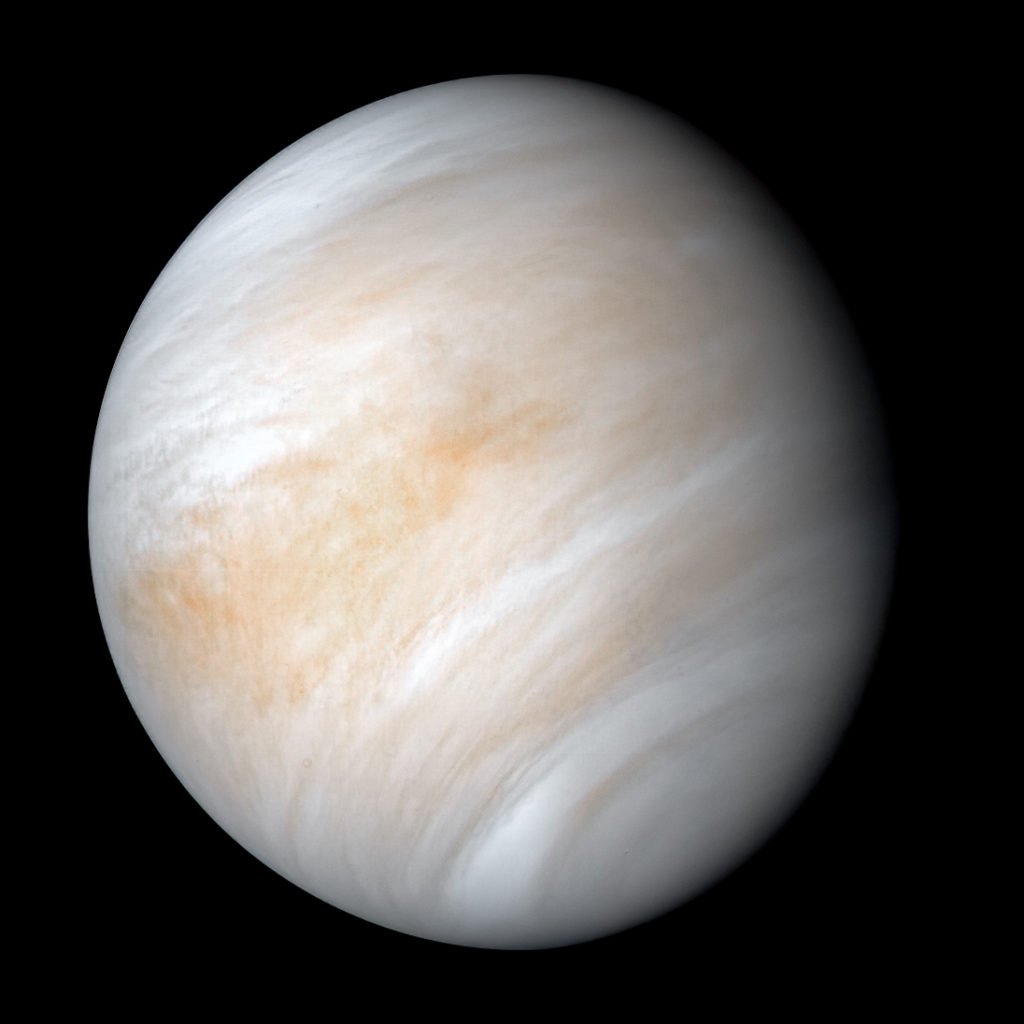
Astronomers have detected potential signs of life on Venus in the form of a gas called phosgene which is produced by bacteria in low-oxygen environments. The findings were published by Cardiff University professor Jane Greaves and her colleagues in a report in Nature Astronomy on Monday.
Reuters reports: “The international scientific team first spotted the phosphine using the James Clerk Maxwell Telescope in Hawaii and confirmed it using the Atacama Large Millimeter/submillimeter Array (ALMA) radio telescope in Chile. … Phosphine was seen at 20 parts-per-billion in the Venusian atmosphere, a trace concentration. Greaves said the researchers examined potential non-biological sources such as volcanism, meteorites, lightning and various types of chemical reactions, but none appeared viable. The research continues to either confirm the presence of life or find an alternative explanation.”



